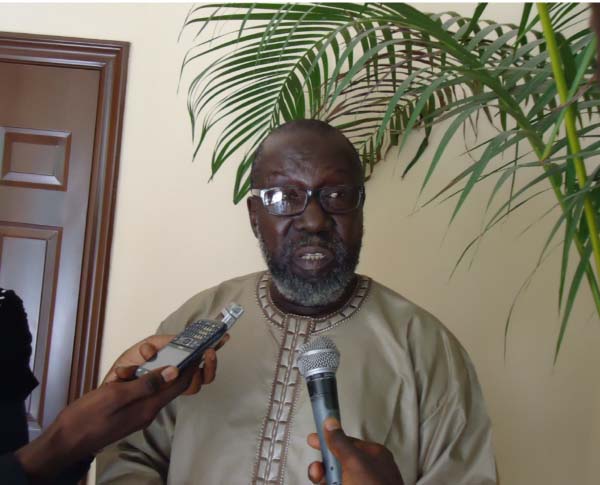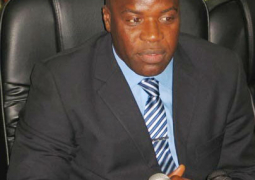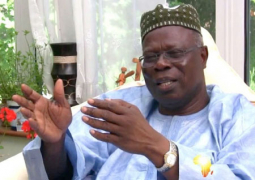
Held at the Ocean Bay Hotel at Cape Point, Bakau, the forum was organised by GPPA and funded by European Union to train accountants and procurement officers from government departments and institutions.
The workshop covered public procurement and public finance management, public procurement legislative framework – the Essential Elements of the PPA (2014) and the Procurement Regulations (2003), Procurement Cycle including risks, bottlenecks and success factors/ benchmarks, roles/responsibilities in the procurement processes, and key procurement information needs.
According to the GPPA, the procurement system also contributes to many aspects of the Public Finance Management (PFM) system, provides information that enables realistic budget formulation, provides access to information to stakeholders that contributes to public awareness and transparency, and supports efficiency and accountability in the delivery of government programmes.
Public procurement is at the interface of the public and private sectors, which requires close cooperation between the two parties to achieve value for money.
It also requires the sound stewardship of public funds to reduce the risk of corrupt practices. Public procurement is also increasingly considered a core element of accountability to the public on the way public funds are managed.
“PFM and public procurement are intertwined and cannot be seen as being separate functions,” a GPPA statement said.
The forum, which aimed at improving service delivery system in the procurement services, was organised to ensure that stakeholders within the sectors have the adequate knowledge to deliver the goods and services and to ensure that procurement is professionally done.
The training course was also geared toward ensuring that treasurers become familiar with implementation of a procurement module on IFMIS that aligns with the Gambia public procurement system, to facilitate the development of a working relationship between the IFMIS team and GPPA and to build the capacity of stakeholders of the GPPA.
In his presentation, E. John Blunt, consultant from the European Union, said the workshop provided an excellent opportunity for the Ministry of Finance and Economic Affairs and the Treasury IFMIS team to become familiar with the GPPA to build the capacity of stakeholders of the GPPA system.
Mr Blunt further stated that the EU-funded consultants are supporting the implementation of the reform of the procurement regulatory framework, improving the procurement management capacity and improving the GPPA information for procurement in line with IFMIS.
Turning to the responsibilities of GPPA, the EU consultant pointed out that some of the GPPA responsibilities are the regulation and monitoring of public procurement in The Gambia, monitoring performance of procuring organizations to ascertain efficiency and compliance with applicable legislation, regulations and instructions, providing annual reports to the minister of Finance, a quantitative and qualitative assessment of procurement activities, among others.
Kebba Sallah, director of career and development training at GPPA, said the short-term training exercise was organised to give stakeholders knowledge about what public procurement is all about, and listen to them to see where they could collaborate to render better services.
He added that the workshop or training session would enhance the knowledge and skills of the participants in discharging their roles. Government has to produce professionals to execute functions correctly, he said, noting that the mandate of GPPA is a regulatory body responsible for all public procurement in The Gambia.
Participants at the training course also expressed gratitude to GPPA for coming up with such a “wonderful training session”, among them the senior accountant at the Directorate of the National Treasury, Ebrima Drammeh.
The importance attached to the training exercise could not be overemphasized, Mr Drammeh said, adding that he was happy to be part of the training course, as it would develop their horizons and understanding in the job.
According to Mr Drammeh, 70% of government funds are spent on procurement, adding that the training course would help participants to carry out their procurement duties diligently and effectively.



